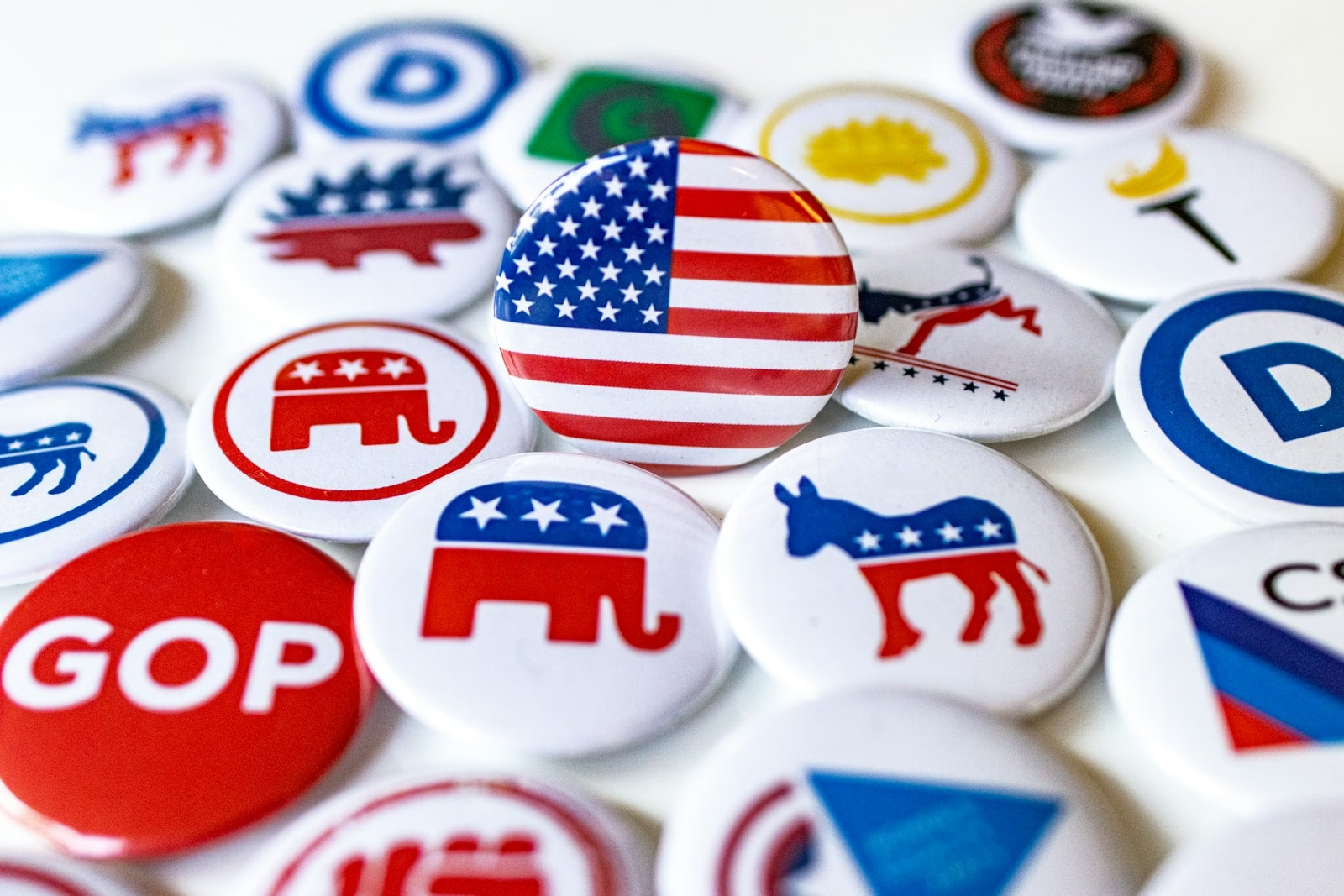Key Takeaways:
- President Trump wants to import large volumes of Argentine beef.
- Republican senators from ranching states fear it will hurt local producers.
- Trump also proposes a massive currency swap to aid Argentina’s economy.
- Ranchers nationwide have voiced strong objections to the move.
- Critics say this plan clashes with the administration’s usual trade stance.
President Trump wants to bring more Argentine beef into U.S. markets. He argues that it could help steady grocery prices. At the same time, he plans a huge currency swap to support Argentina before its tough election. Yet this proposal has united Republican senators in rare dissent. They warn that local ranchers will suffer if the market is flooded with imports.
Why the Argentine Beef Plan Worries Senators
Senator Jim Risch of Idaho, who owns a cattle ranch, warned that too much supply could undercut domestic producers. Senator Rand Paul of Kentucky found this exception to trade barriers puzzling. He asked why the administration locks out many foreign goods but welcomes Argentine beef. Nebraska’s Senator Deb Fischer added that this move will harm U.S. cattle ranchers rather than help consumers.
Ranchers Cry Foul Over Beef Imports
Farmers and ranchers have been quick to criticize the plan. They fear a surge of cheaper imports will drive down wholesale prices. Lower prices can push small farms to the brink, especially amid rising feed and labor costs. Some ranchers also worry about the safety and quality of foreign beef compared to U.S. standards.
A cattle producer in Texas warned that big firms might cut corners overseas. In Wyoming, another rancher said he backs free trade but not when it threatens his neighbors. These voices show how deeply the proposal worries the backbone of rural America.
What’s in the Argentine Beef Proposal?
The White House suggests opening a large import quota for Argentine beef, possibly totaling hundreds of thousands of tons annually. They believe more supply will ease price pressures at grocery stores. Concurrently, Trump wants to negotiate a currency swap worth tens of billions of dollars to shore up Argentina’s finances and support President Javier Milei.
Milei, a libertarian-leaning leader, welcomes U.S. backing. He hopes it will boost his re-election chances. However, skeptics claim U.S. taxpayers could bear the cost, and the deal may set a risky precedent for foreign bailouts.
A Question of Trade Consistency
Critics point out that this proposal clashes with the administration’s broader goal of keeping out foreign goods. They ask why Argentine beef gets an exception. Economists warn that selective trade rules breed uncertainty. Plus, farmers in export-heavy states fear retaliation from other nations if the U.S. appears too lenient on imports.
The Bigger Economic Picture
While lower beef prices could help American families, experts note that imports aren’t the only solution. They highlight droughts, feed shortages, and supply chain issues as key drivers of rising meat costs. Tackling these problems directly could avoid harming domestic ranchers.
Moreover, a large currency swap raises concerns about U.S. fiscal policy. Backing a foreign economy on this scale is unusual. Lawmakers question how the U.S. would recover its funds if Argentina falters.
Political Stakes Run High
This beef debate has become a litmus test for party unity. Senators risk angering the White House by voicing doubts, yet they feel compelled to protect their constituents. Ranchers, a reliable Republican base, are watching closely. If they feel betrayed, they could shift their votes or back challengers in key races.
What Happens Next?
The White House will weigh economic gains against political fallout. If the Argentine beef plan moves forward, lawmakers may demand strict import limits and safety checks. They could also push for smaller quotas to protect domestic producers.
Alternatively, mounting pressure might force a reversal. Maintaining GOP support is vital for other policy goals. Losing backing from farm states could derail broader agendas. Thus, the outcome of this debate will shape more than just meat prices.
Americans will watch grocery bills and political headlines in the weeks ahead. Ranchers will track policy shifts, and both parties will monitor Argentina’s election. These factors will ultimately decide whether Argentine beef floods U.S. markets or stays at bay.
FAQs
What does Trump hope to achieve with Argentine beef imports?
He aims to lower U.S. beef prices for consumers and bolster Argentina’s economy before its vote.
Why are Republican senators against the plan?
They represent ranching states and fear that imported beef will undercut local cattle producers.
How might the currency swap work?
It involves tens of billions in U.S. dollars to stabilize Argentina’s currency, raising questions about U.S. fiscal risk.
Could other countries demand similar deals?
If the U.S. makes an exception for Argentine beef, other nations might seek comparable trade openings or financial support.
